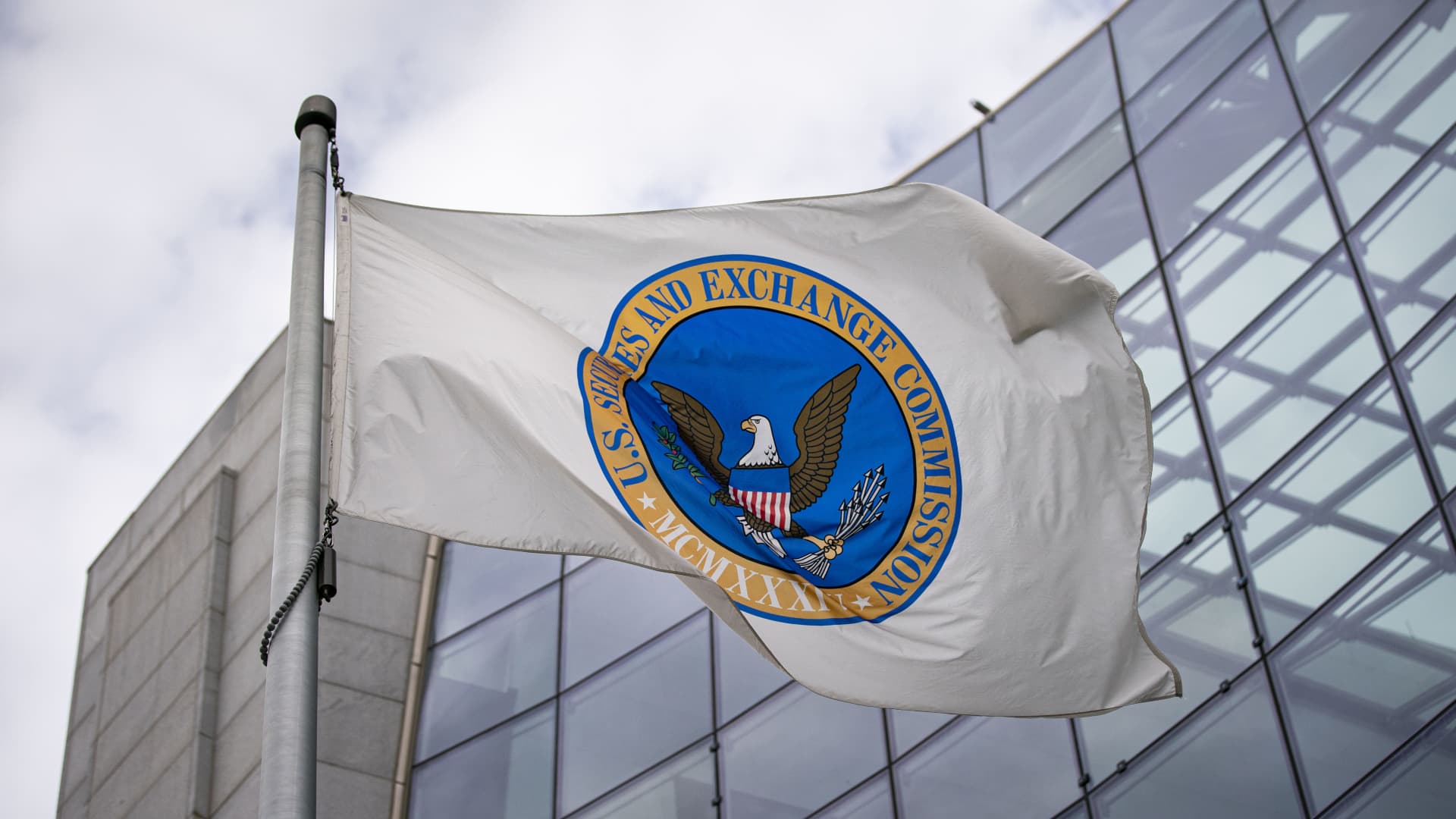The Securities and Exchange Commission (SEC) has officially closed its investigation into Robinhood Markets’ cryptocurrency activities without pursuing any enforcement action. This development marks a significant milestone for Robinhood, which has been under regulatory scrutiny regarding its crypto offerings.
Background of the Investigation
The SEC’s inquiry primarily focused on whether Robinhood had failed to register certain crypto assets available on its platform as securities. This concern arose amid broader regulatory debates on the classification and oversight of digital assets. Misclassification could have led to substantial legal repercussions for the company.
Robinhood’s Response
Dan Gallagher, Robinhood’s Chief Legal Officer, expressed satisfaction with the SEC’s decision, stating, “We have always sought to adhere to federal securities laws in our operations.” This outcome allows Robinhood to continue its cryptocurrency services without the looming threat of legal challenges from the SEC.
Regulatory Climate Under the Current Administration
This development occurs in a regulatory environment where several lawsuits against cryptocurrency platforms have been dismissed. The current administration has adopted a more lenient stance toward cryptocurrency markets compared to previous leadership, reflecting a growing recognition of the industry’s potential and a desire to foster innovation within the financial sector.
Industry Implications
The closure of the SEC’s investigation into Robinhood may set a precedent for handling similar cases in the future. It suggests a trend toward more favorable regulatory outcomes for crypto platforms that demonstrate a commitment to compliance and transparency. This could encourage other companies in the sector to enhance their regulatory practices, knowing that adherence to guidelines may lead to positive resolutions in potential investigations.
Robinhood’s Future Plans
With the investigation behind them, Robinhood is poised to expand its cryptocurrency services. The company has been diversifying its offerings, venturing into retirement accounts, election betting contracts, and credit card services. Notably, Robinhood recently acquired crypto exchange Bitstamp for $200 million, aiming to attract institutional clients and broaden its market presence.
The appointment of Paul Atkins, a known crypto advocate, as the new SEC Chair, is anticipated to create a more innovation-friendly regulatory environment. This could further support Robinhood’s ambitious plans to rapidly innovate within the U.S. market, including the introduction of stablecoins and tokenized assets.
Conclusion
The SEC’s decision to close its investigation into Robinhood’s crypto operations without enforcement action is a significant victory for the company and the broader cryptocurrency industry. It reflects a shifting regulatory landscape that appears more accommodating to digital asset platforms. As Robinhood continues to expand its services, this development may pave the way for increased innovation and growth within the crypto sector.




